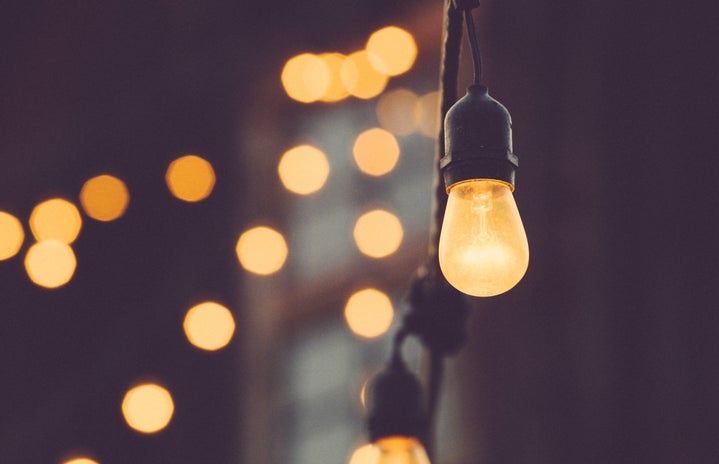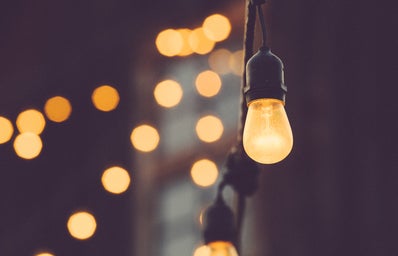Situated in the top North coast of South America, a country of 31.57 million habitants continues to fester. A country that was once rich and thrived on tourism, surrounded by clear blue water and snowy mountains, filled with an abundance of minerals and petroleum, has slowly reached a point of no return. This once alluring country called Venezuela lost most of its charm after deceased President Hugo Chavez Frias entered a presidency of hatred and death. Not only did Venezuela lose its riches and its charm, but Chavez’s dictatorship gave way to a mass exodus of professionals, students and children. Along the way, families were ripped apart and people were forced to leave everything behind and start a brand new life in a foreign country. This once beautiful country is mine, and I am part of that unfathomable exodus.
Having lived all my life in Venezuela and seeing firsthand the slow deterioration of a country I will always love made me understand that after high school, my life, as it was, would be over. Having been born in Miami the choice was obvious. After graduation, I was set to pack my bags, get on a plane, and reach my next destination. A plan I knew, a plan I had prepared for, but as the day came to leave all my family behind, I knew it was the hardest decision I had ever made in my life.
My city, Maracaibo, watched me take my first steps and allowed me to grow emotionally and physically. Leaving my motherland meant leaving all my life behind in our seven-floor brick apartment. It was saying goodbye to my brother at the airport doors as he cried inconsolably. It was seeing my father trying to hold it together. It meant getting on an airplane and feeling scared of what the next years were going to bring me.
Two years into this evolving university, and I couldn’t be happier, yet the hole that belongs to both my home and my family is always open, always wounded. Even with the pain and the longing, I still consider myself one of ‘the lucky ones’. I migrated to a country I knew, at least legally, and I was beginning the stage of life where everything is considerably new and exciting.
Other Venezuelans had to start brand new, with their university titles in hand, knowing that it wouldn’t be accepted anywhere. Knowing that the four or five years they spent memorizing terms, solving mathematical problems, writing papers, would have been for nothing. It is knowing they have to start their life all over again and maintain their family of four by selling arepas on the streets when they were doctors in Venezuela. But mostly, knowing that they will always be missing home.



